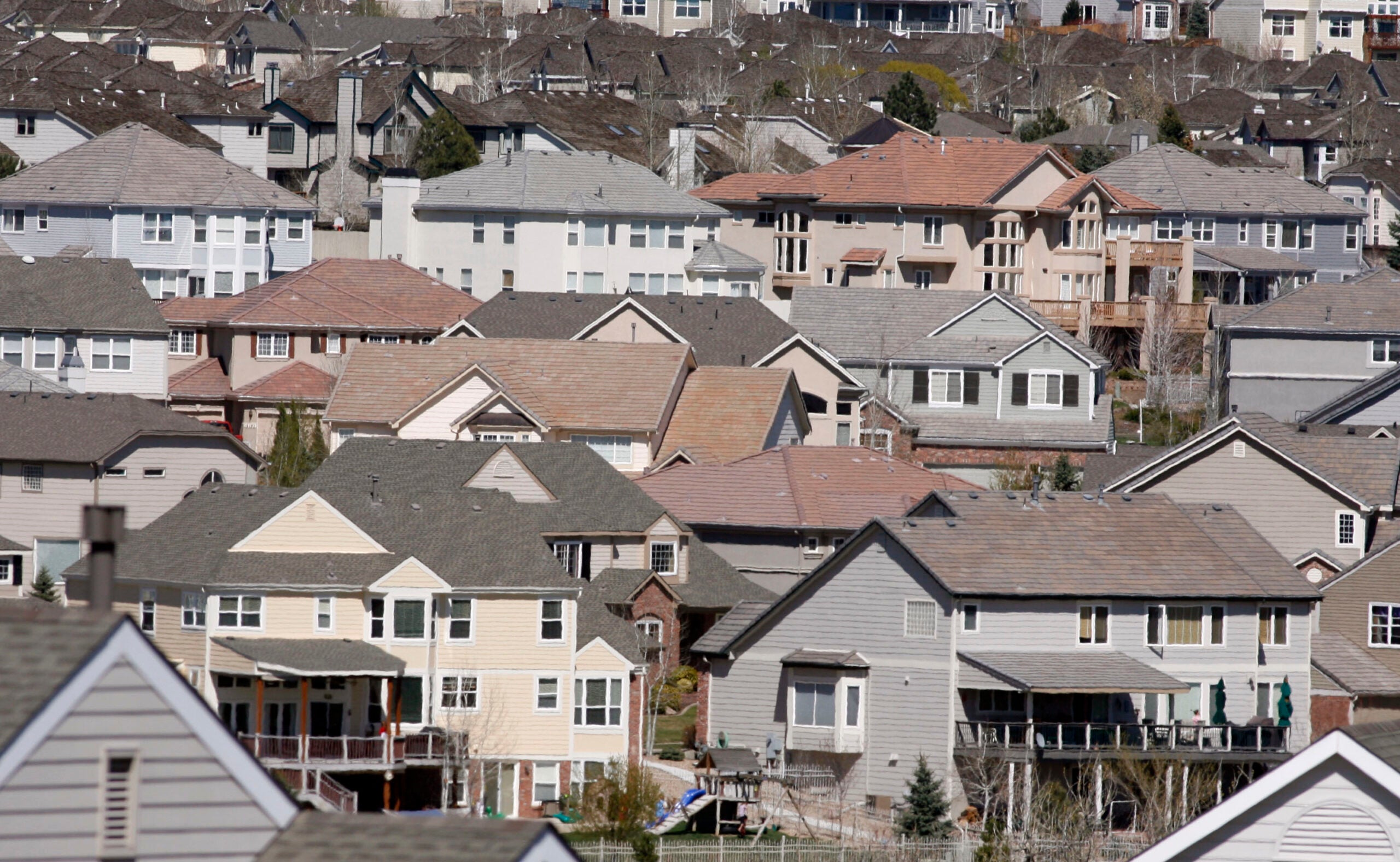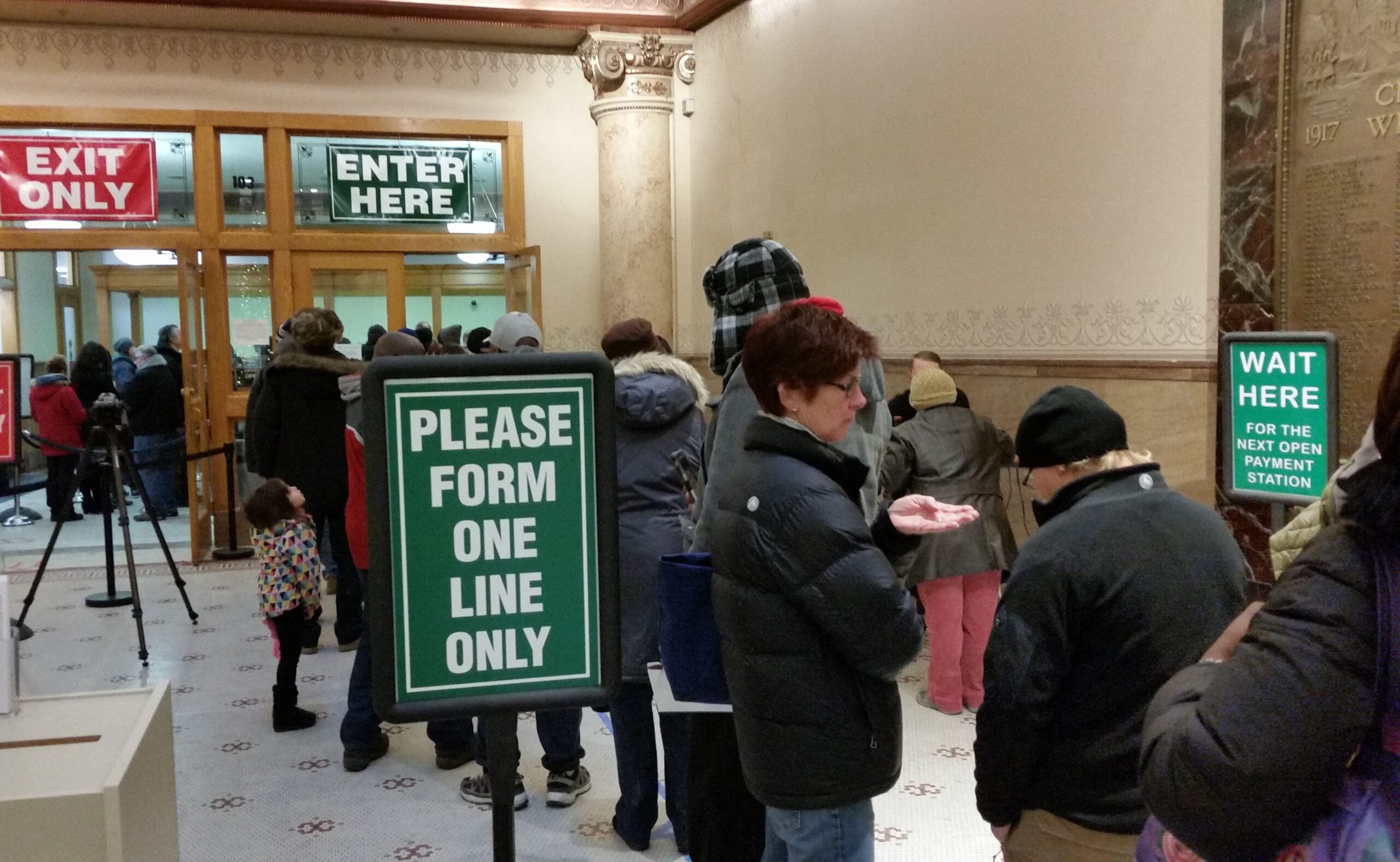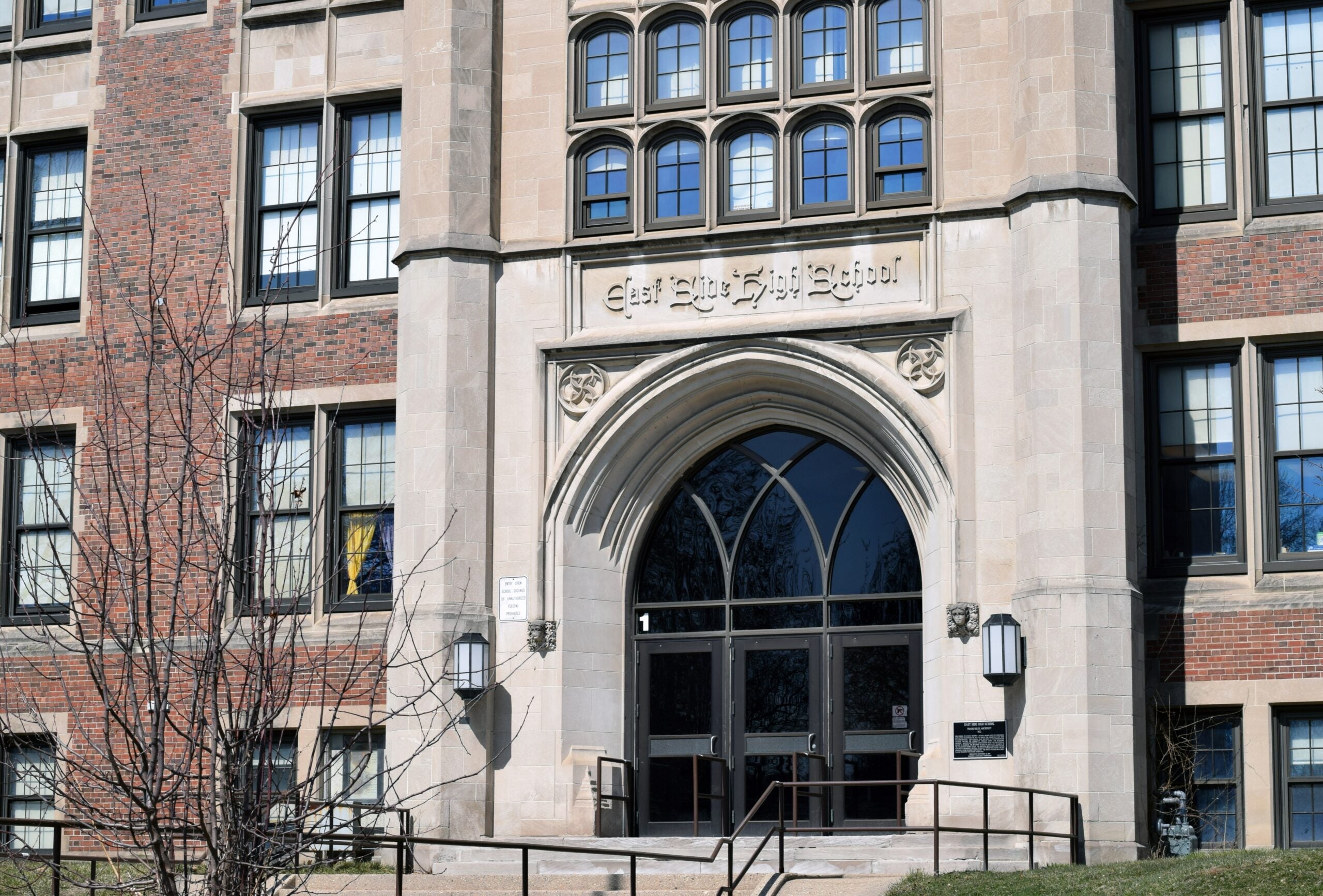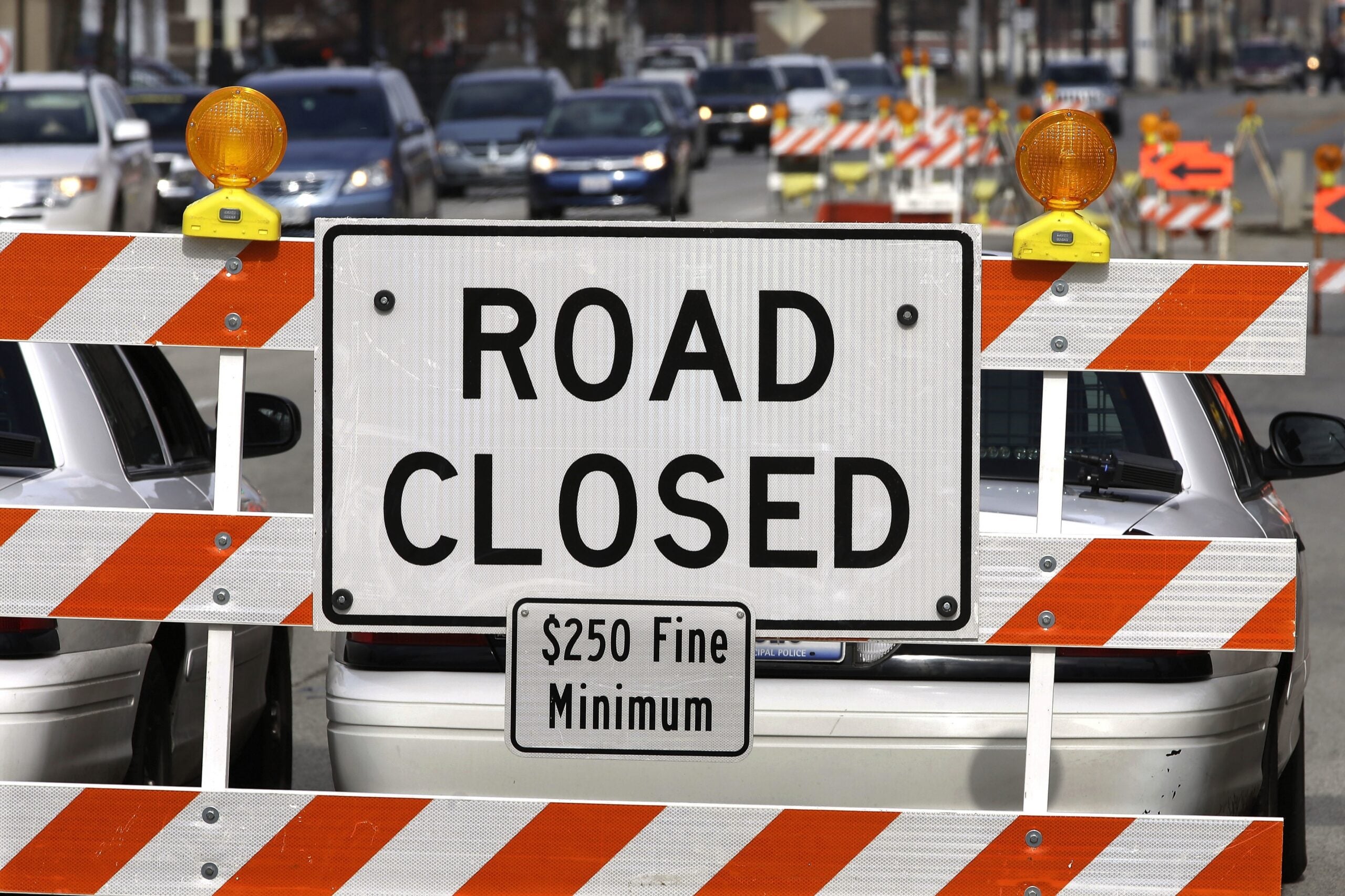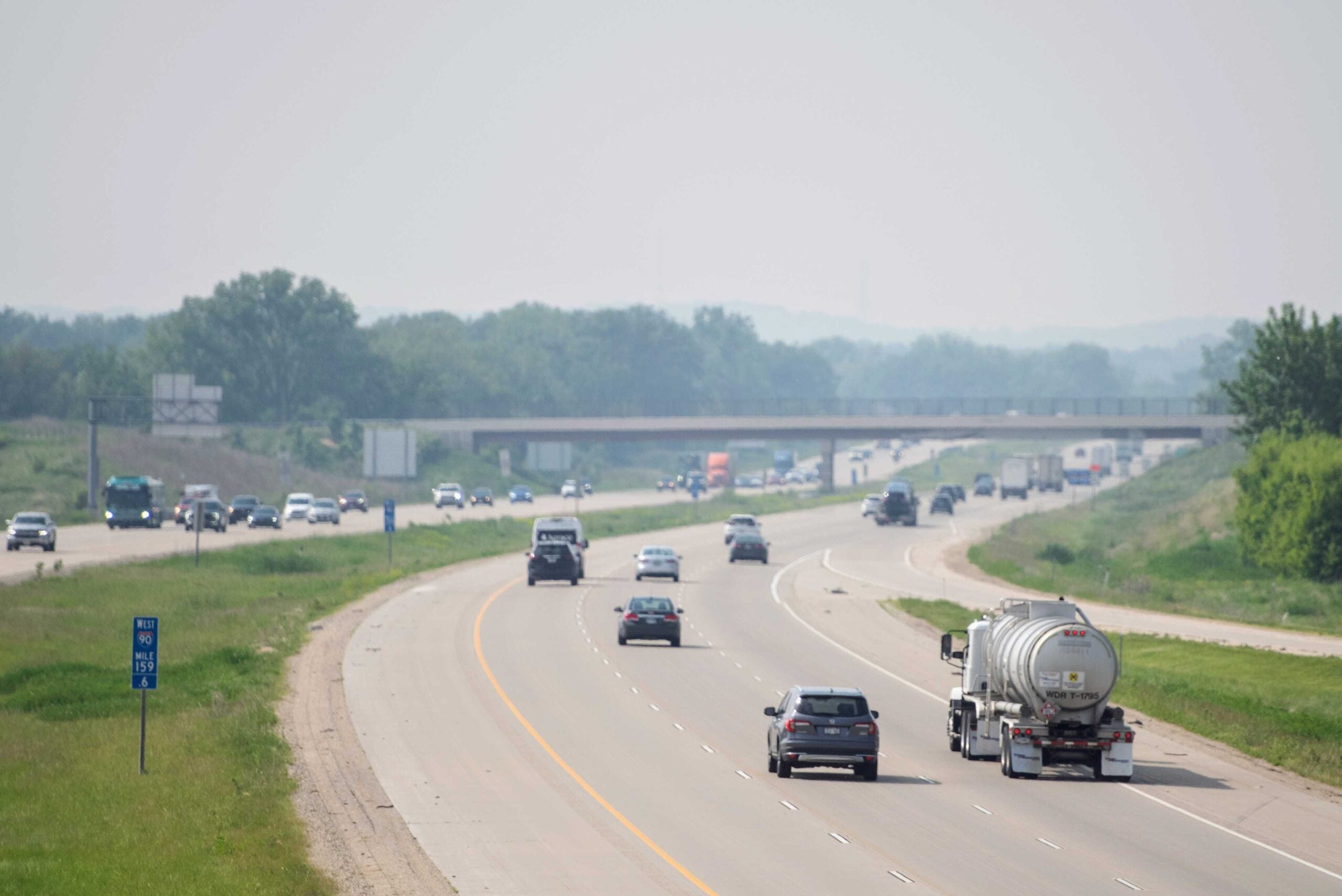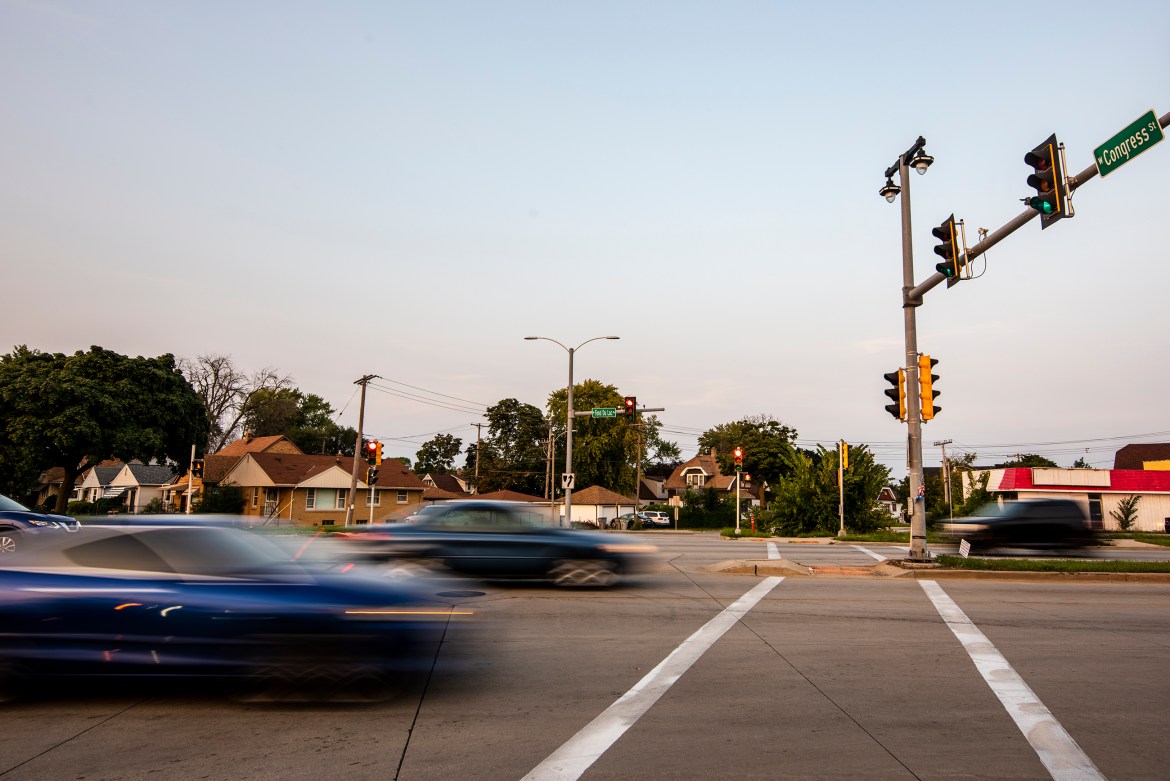Overall property taxes in Wisconsin are expected to climb by the largest amount since 2007, despite increased state funding for local governments.
That’s according to a new report from the Wisconsin Policy Forum. It analyzed confirmed property taxes from school districts, technical colleges and county governments, along with Legislative Fiscal Bureau projections for municipalities.
While gross local property taxes are anticipated to rise by 4.7 percent — the most since 2007 — the state budget boosted two tax credits that will help offset the increase, the report said. That includes increasing the school levy tax credit by $255 million and the state lottery tax credit by $15.9 million.
News with a little more humanity
WPR’s “Wisconsin Today” newsletter keeps you connected to the state you love without feeling overwhelmed. No paywall. No agenda. No corporate filter.
Ari Brown, a researcher for Wisconsin Policy Forum and the report’s author, said those credits will help keep property taxes in-line with pre-pandemic increases, while also boosting revenue for local governments and schools.
“Taxpayers are going to see their property taxes increase, but then be offset somewhat by these tax credits,” Brown said.
He said counties and municipalities are limited in how much they can increase their property tax levy by their amount of net new construction. That should keep increases to those taxes relatively in-line with increases they’ve experienced in recent years, he added.
For example, Wisconsin’s counties will increase their gross property taxes by 2.6 percent this year. Last year, they increased property taxes by 3.2 percent, the report said. The state Legislative Fiscal Bureau projects municipal property taxes will rise by 3.4 percent.
Meanwhile, property taxes for school districts are expected to rise by over 5 percent from last year, the largest increase since 2009. Brown said that increase is largely due to a state-approved $325 per pupil increase to school districts’ revenue limits.
“We haven’t had a per pupil revenue limit increase — even on an inflationary basis — like this in quite a while, so that is really the driving factor behind school district property taxes increasing as much as they are,” Brown said.
The property tax increases come as county and municipal governments are set to receive a combined nearly $275 million in additional state aid next year. The state budget also increased state general school aid by $154.7 million, the report said.
Brown said property tax increases highlight that local government is a “labor-intensive” venture that’s susceptible to inflation and tight labor markets.
“People and labor are expensive, and running local government requires a lot of people,” he said. “If there are these inflationary pressures — especially to keep pay competitive with the private market — you’re going to need to do things like raise your property taxes by the maximum amount.”
Brown also said property tax bills will vary across the state. For example, Dane County will raise its property taxes by 13 percent, while Milwaukee County will cut property taxes by 6.8 percent.
“Overall, I think you can expect to see probably a couple percentage point increase on these bills,” he said. “But for the most part, this is really going to look starkly different depending on what part of the state you’re in.”
The report also estimates that Wisconsin is projected to have a budget surplus of $6 billion by June 2025.
While Republicans have voiced support for using the surplus to provide income tax cuts and Democrats have pitched using it for child care subsidies, Brown said property tax relief could be another area for policymakers to explore.
“We are one of the most property tax reliant states in the country, and that could be felt on bills this December,” he said.
Wisconsin Public Radio, © Copyright 2025, Board of Regents of the University of Wisconsin System and Wisconsin Educational Communications Board.

